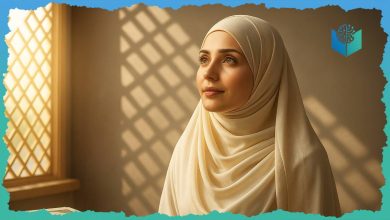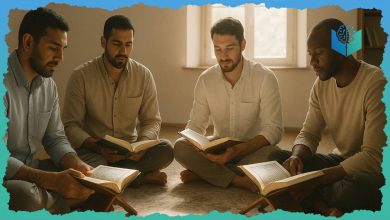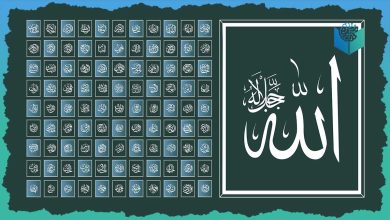The Role of Women in Islam
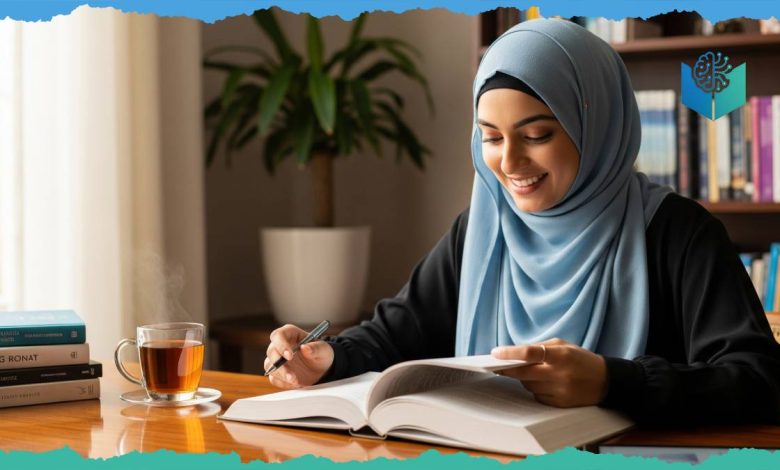
When people hear about women in Islam, many imagine restrictions or oppression. But the reality, according to the Quran, is very different. Women are honored, respected, and given clear rights in all aspects of life. Today, I want to take you on a journey to understand the rights of Muslim women, the status of women in Islam, their role in society, and to address common misconceptions about Muslim women. By the end, you’ll see how Islam celebrates and empowers women.
Understanding Women in Islam
Islam came at a time when women in many societies were treated as property or ignored completely. The Quran changed this completely, giving women their dignity, rights, and voice.
A Historical Context
Before Islam, women were often denied inheritance, education, and choice in marriage. The Quran challenged these injustices:
“Indeed, the Muslim men and Muslim women, the believing men and believing women… Allah has prepared for them forgiveness and a great reward.” (Quran 33:35)
This verse tells us something very simple but profound: men and women are equal in their spiritual worth. Your value is measured by your faith and good deeds, not your gender.
Rights of Muslim Women
Islam gives women clear rights, and these rights are meant to protect them and empower them. Let’s break them down.
Spiritual Rights
In Islam, a woman’s spiritual standing is equal to a man’s. She can directly engage in worship, such as praying, fasting, and seeking forgiveness, without needing a male guardian. The Quran says:
“For Muslim men and women… for them are good deeds, and Allah is Forgiving and Merciful.” (Quran 33:35)
This is a reminder: your relationship with God is personal and direct.
Educational Rights
Islam encourages every person to seek knowledge. The Quran teaches:
“Are those who know equal to those who do not know?” (Quran 39:9)
So yes, women can be scholars, teachers, scientists, and thinkers. Knowledge is a right, not a privilege.

Social and Family Rights
Women have the right to consent in marriage, to manage their own property, and to be treated fairly. The Quran emphasizes fairness in family life:
“And due to the wives is similar to what is expected of them, according to what is reasonable.” (Quran 2:228)
Marriage is a partnership, not ownership.
Economic and Inheritance Rights
Women can earn, own property, and inherit wealth. The Quran makes this clear:
“For men is a share of what they earn, and for women is a share of what they earn.” (Quran 4:32)
This ensures women are independent and secure, and not financially dependent on anyone.
Status of Women in Islam
Women are honored in Islam. Here is some important information about Islam: they are respected in every role like daughters, wives, and mothers. Their status is not symbolic; it has real meaning in everyday life.
Honored as Daughters
The Quran speaks against harming or neglecting children, especially daughters:
“Do not kill your children out of poverty; We will provide for you and them.” (Quran 6:151)
This shows that daughters are valuable and must be treated with love and care.
Respected as Wives
Marriage is based on love, respect, and mutual support:
“And among His signs is that He created for you mates from among yourselves, that you may dwell in tranquility with them, and He placed between you affection and mercy.” (Quran 30:21)
Wives are companions, not subordinates.
Revered as Mothers
Mothers have a special place in Islam.The Quran highlights a mother’s hardships and the great respect she deserves:
“And We have enjoined upon man [care] for his parents. His mother carried him with hardship and gave birth to him with hardship.” (Quran 46:15)
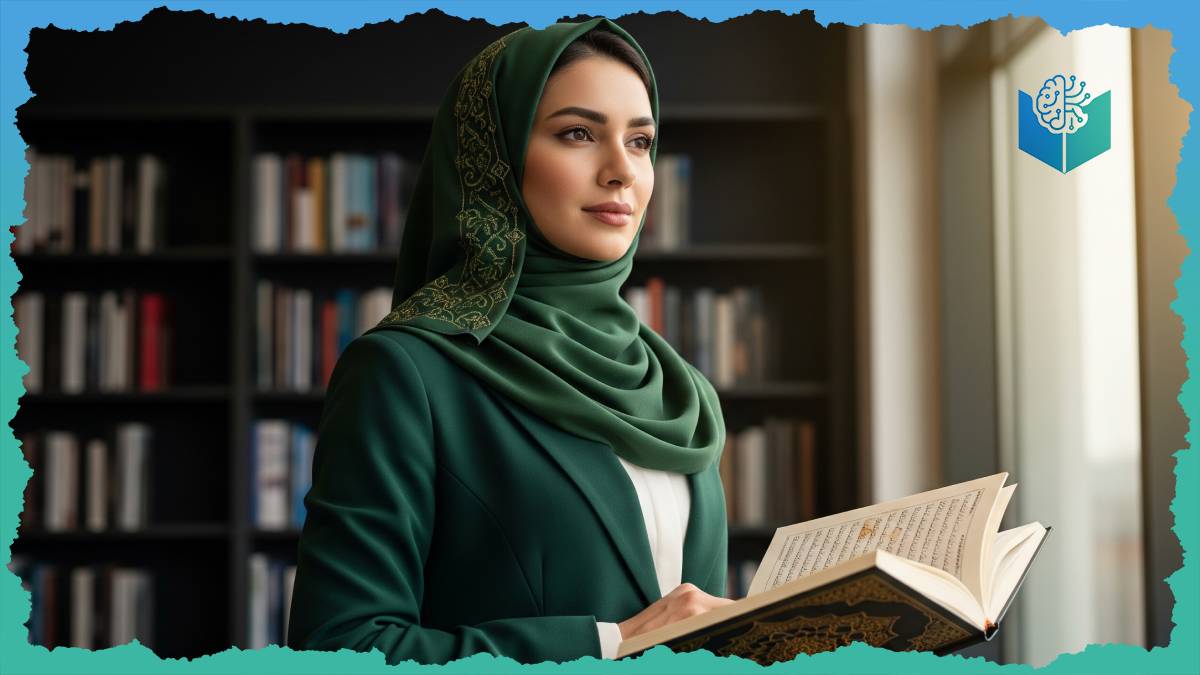
Misconceptions About Muslim Women
Many people believe Muslim women are oppressed, restricted, or invisible in society. These are misconceptions about Muslim women, often caused by culture, not religion.
Misconception 1: Women Are Oppressed
Islam gives women rights and protections. The Quran reminds us:
“And women shall have rights similar to the rights against them, according to what is equitable.” (Quran 2:228)
Oppression is cultural, not Islamic.
Misconception 2: Women Cannot Work or Contribute
The Quran allows women to work and earn:
“For men is a share of what they earn, and for women is a share of what they earn.” (Quran 4:32)
Women can participate in society, run businesses, and make a difference.
Misconception 3: Modesty Limits Women’s Role
Modesty is about dignity, not restriction. The Quran says:
“And tell the believing women to lower their gaze and guard their modesty.” (Quran 24:31)
It’s guidance to protect dignity while allowing women to shine in every sphere.
The Role of Women in Society
Women play a central role in education, economy, and social welfare. The Quran encourages their active participation.
Contribution to Knowledge and Education
Women can teach, write, and guide communities. The Quran reminds us:
“Are those who know equal to those who do not know?” (Quran 39:9)
This is true for women as well—they are fully capable of leading and inspiring.
Economic Participation
Women can work, trade, and manage businesses. Their contributions are acknowledged and valued:
“For men is a share of what they earn, and for women is a share of what they earn.” (Quran 4:32)
Social and Humanitarian Influence
Women can engage in charity, healthcare, and community service. Islam encourages helping others:
“Help one another in righteousness and piety.” (Quran 5:2)
Women are central to building strong, compassionate societies.
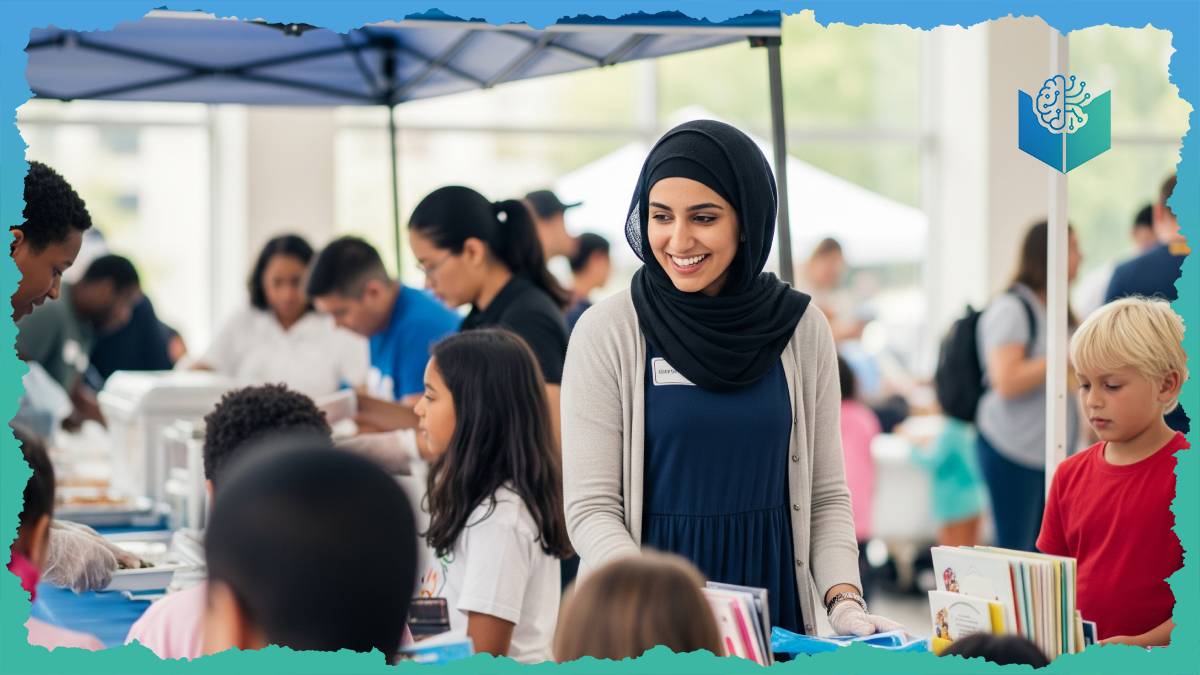
Women in Islam and Modern Society
Muslim women today balance tradition and modern life, excelling in education, careers, and leadership while staying true to their faith. The status of women in Islam supports empowerment and contribution.
Balancing Tradition and Modernity
The Quran provides guidance that allows women to succeed while observing their principles:
“For men is a share of what they earn, and for women is a share of what they earn.” (Quran 4:32)
This shows that faith and progress go hand in hand.
Advocacy for Women’s Rights
Islamic teachings provide a foundation for women to advocate for education, equality, and justice in society. Rights in the Quran empower women to participate fully in shaping the world.
Conclusion
The role of women in Islam is one of honor, dignity, and empowerment. Women are equal spiritually, protected socially, and encouraged to contribute economically and intellectually. Misconceptions arise from culture, not religion. Whether as daughters, wives, mothers, or leaders, women in Islam demonstrate the balance of faith, knowledge, and societal impact.
For a deeper understanding of the rights and status of women in Islam, visit ayaat.ai.
Q&A
What is Islam's view on women?
Islam's view is that women are equal to men in their spiritual and moral standing before God. It grants them rights to education, financial independence, and the choice in marriage, seeing them as integral and respected members of society.
What is the value of women in Islam?
Islam holds women in high regard, granting them equal spiritual and moral standing as men. They are seen as essential to society, with rights to education, financial independence, and the choice in marriage, highlighting their dignity and vital role in both the family and community.
Does Islam believe in feminism?
This is a complex and debated topic. Mainstream Islamic scholars argue that Islam's divine principles already grant women their rights and dignity, making external ideologies like feminism unnecessary and potentially conflicting. However, a movement called Islamic feminism exists, which seeks to achieve gender equality and justice by reinterpreting the Quran and Hadith from a woman's perspective.

